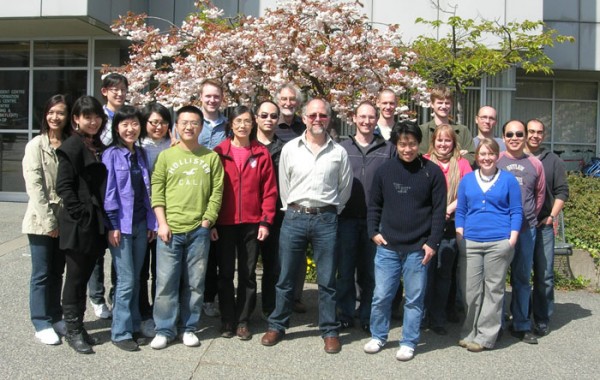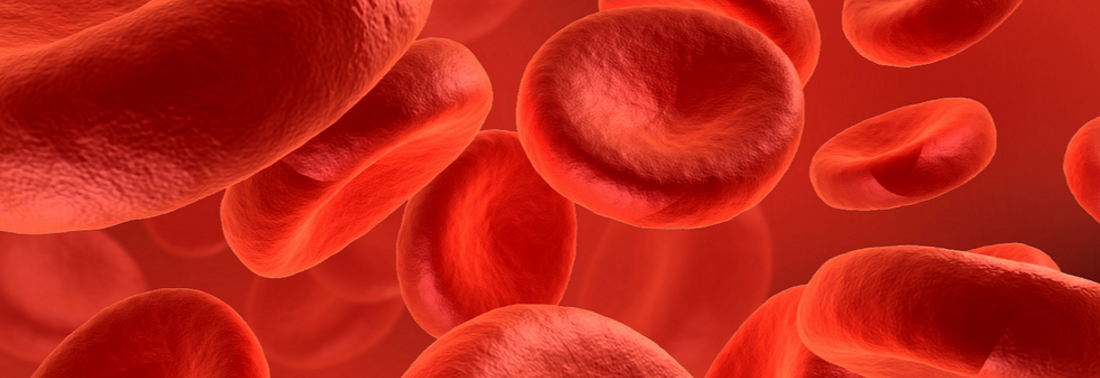Have you ever donated blood? Canadian Blood Services is always looking for more blood, because they need lots of it. For example, here’s a table of the required donations per single procedure.

Required amount of blood donors per case. Source: Canadian Blood Services – Who does my donation help?
As you can see, a single car crash can require blood from up to 50 donors. Such events can cause a shortage of blood. In fact, just last year, Canadian Blood Services issued an appeal for more blood donations, as blood supplies hit an all-time low, especially for type O universal donors.
What are universal donors? Donors of blood type O can donate to every other blood type, because they have no antigens (molecules that can cause severe and harmful responses by immune system on the recipient of the transfusion). The video below explains the concept of blood types and why some people can flexibly donate to all others blood types. Credit for this video goes to user nafis A on Youtube.
The problem with blood donations is that we can’t simply take many donations and stop worrying about blood reserves. This is because, just like milk, blood is perishable. Blood Centers Organization states that red blood can only be stored for 42 days before going bad. This creates a need for a continuous supply of blood donations to account for any emergencies.
On the bright side, the future of blood supplies look promising due to a recent publication by a research group at the University of British Columbia (UBC) at the Centre for Blood Research. They discovered a method to genetically enhance an enzyme which removes the antigens from blood. To do this, they used a genetic manipulation method called directed evolution.

David Withers’ Research Group at the Centre for Blood Research. Source: UBC Centre for High-Throughput Biology
This process introduces step-wise mutations in the DNA that encodes the enzyme. They use a multi-pronged approach by introducing many random mutations to the gene, and select the best performing mutants and do this for multiple rounds. The researchers at UBC claim that after five rounds of directed evolution, the enzyme which removes antigens from red blood cells is 170 times faster than the original enzyme. The original enzyme, although functional, was never fast enough to be a feasible way of removing antigens from blood. This genetically enhanced enzyme, however, can be used practically in the medical setting.
This discovery could potentially eliminate the shortage of antigen-specific blood by converting all donated blood to donor types! I think this has great potential for saving lives. From what I know about Biology, once the DNA of this hyper-enzyme has been sequenced, it can be easily generated from protein farms – where bacteria produce large quantities of the protein which can be purified and extracted for clinical use. I think it’s amazing to hear that my university is at the frontier of such impactful discoveries!
Blog by Justin Yoon
Commented on the following blogs:
Electronic cigarettes by Brian Cheng
Bioethics dilemma by Paul Yi
Imposter syndrome by Luxi Xu

